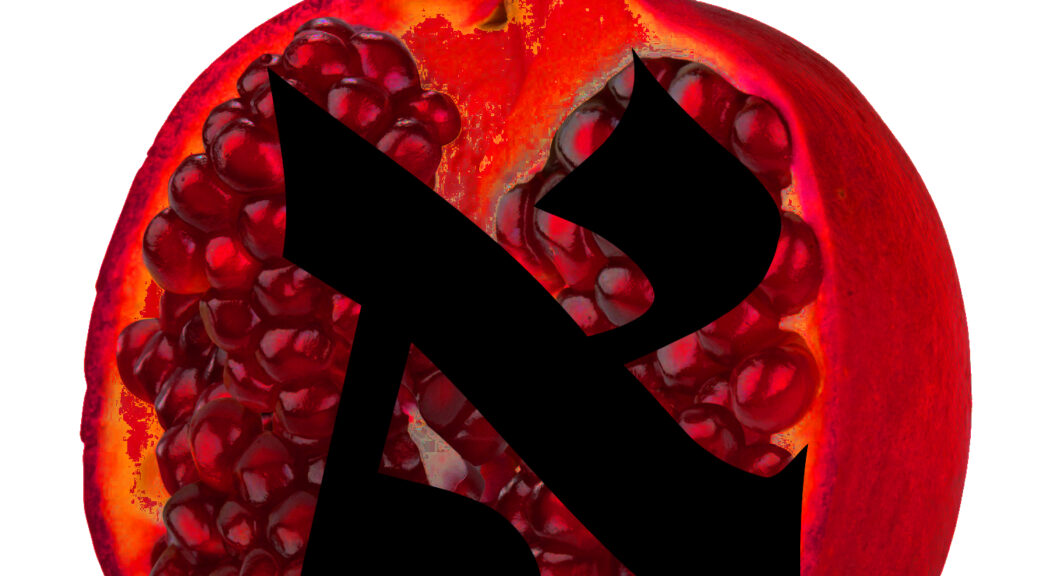כּדי אָפּצוגעבן כּבֿוד דעם אָנדענק פֿון די אַלע פֿאַרשניטענע, מוזן מיר אָפּהאַלטן דעם איצטיקן חורבן – النكبة, און שטיצן דעם פּאַלעסטינישן געראַנגל צו באַקומען זײער פֿרײַהײט און צו מאַכן אַ סוף צו דער אַפּאַרטהייט. מיר שרײַבן אױף ייִדיש װײַל מיר גלײבן אין אַ צעבליִענדיקן ייִדישן גלות, פֿרײַ פֿון דעם ציוניזם און אַלע אַנדערע מלוכה-נאַציאָנאַליזמען. מיט דערמעגלעכן דאָס חרובֿ מאַכן פֿון עזה – غزه – קען מען נישט באַװײנען די אומגעקומענע. מיר מוזן פאַרהיטן דעם גענאָציד. פֿאַראײניקט זיך מיט אונדז.
kedey optsugebn koved dem ondenk fun di ale farshnitene, muzn mir ophaltn dem itstikn khurbn – nakba, un shtitsn dem palestinishn gerangl tsu bakumen zeyer frayheyt un tsu makhn a sof tsu der apartheyt. mir shraybn oyf yidish vayl mir gleybn in a tsebliendikn yiddishn goles, fray fun dem tsionizm un ale andere melukhe-natsionalizmen. mit dermeglekhn dos khorev makhn fun aze – gaza – ken men nisht baveynen di umgekumene. mir muzn farhitn dem genotsid. fareynikt zikh mit undz.
To honor all the dead, we must stop this next catastrophe. We must struggle alongside Palestinians for their liberation and to end apartheid. We write in Yiddish because we believe in the thriving of a Jewish diaspora free from zionism and all other state nationalisms. Enabling the destruction of Gaza is not a way to grieve. We must interrupt genocide. We must do this together.
Pour honorer tous les morts, nous devons empêcher cette nouvelle catastrophe. Nous devons lutter aux côtés des Palestiniens pour leur libération et pour mettre fin à l’apartheid. Nous écrivons en yiddish parce que nous croyons en l’épanouissement d’une diaspora juive libérée du sionisme et de tous les autres nationalismes d’État. Permettre la destruction de Gaza n’est pas une façon de vivre son deuil. Nous devons interrompre le génocide. Nous devons le faire ensemble.
